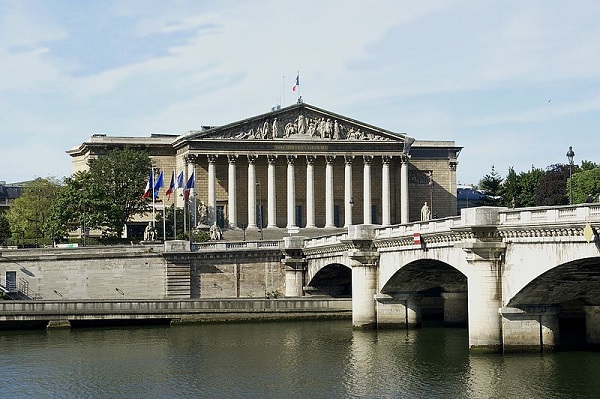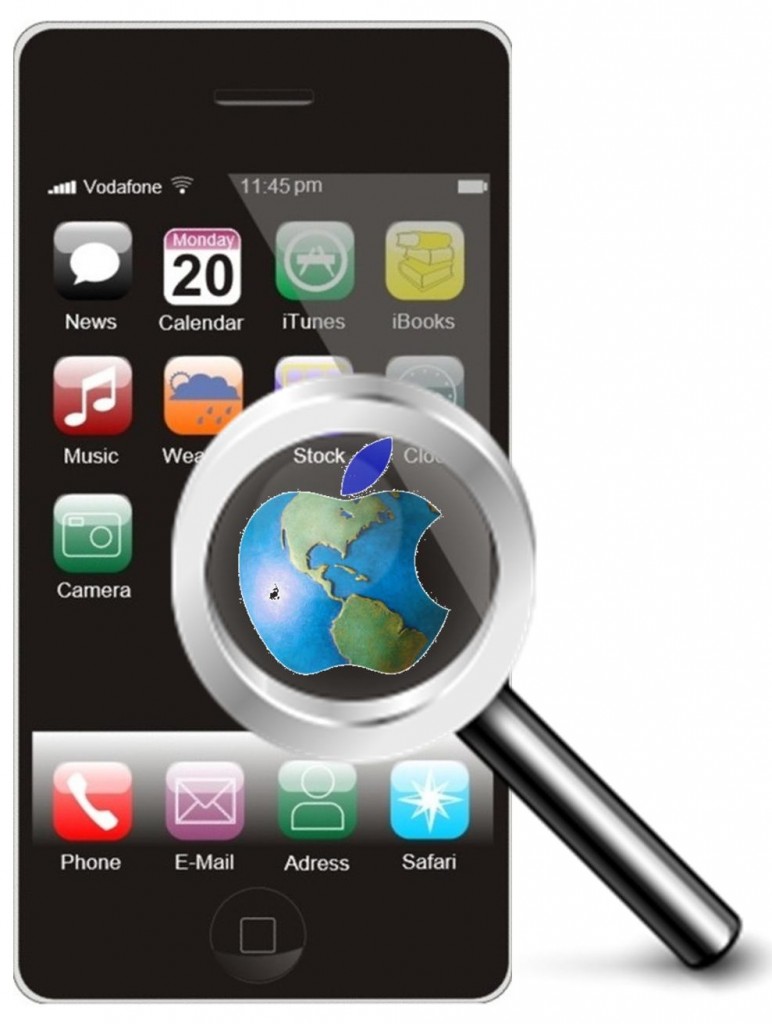SnapCar, Uber, and other companies may not be able to take advantage of this tech.
Over the last few weeks, the Assemblée Nationale in France has been host to a highly controversial debate that has been raging on between new forms of urban transportation and the startup companies behind them, and the traditional taxi unions in the country.
The arguments were intense and for a while it felt as though a decision would be nearly impossible.
Thomas Thévenoud was a member of the Assemblée during that time and recently released his report to the startup companies and taxi unions. This report included the details that will come the law over the next few weeks and which include thirty different points. Among them, there remains a great deal of controversy, including that ride sharing programs – such as Chauffeur-Privé, Uber, LeCab, and others – will not be permitted to display relevant geolocation data on smartphones within the country.
The use of geolocation technology has been banned for these ride share programs.
Thévenoud explained that “I want to ban the apps that let you see if there are cars around you.” To that, Dave Ashton, the SnapCar co-founder, expressed that the report, itself, is “quite explosive”. Ashton added that Thévenoud has managed to “lock the use” of the location based technology for startup urban transportation businesses and has proposed that it be allowable only for cab companies.
Ashton also pointed out that he felt that the proposal is “pretty incredible” when it is considered that it was the ride share programs that first introduced the use of geolocation technology for clients and drivers, in the first place. He added that “It’s completely ridiculous”.
That said, Ashton also pointed out that there are a number of parts of the report that will be upsetting to taxi drivers, and that he’s pretty sure that those drivers will “strike immediately. That’s certain.” The reason is that at the moment, as soon as a taxi is called, a driver is allowed to start the meter. Thévenoud is hoping to either end or cap that amount. When calling most ride share programs, such as Uber, the fee for the ride doesn’t start until the passenger is actually in the vehicle.
This tech allows the location of a device to help to determine some of its settings.
Apple has just received a new patent that involves the use of geolocation technology that is a part of a comprehensive system that will control consumer devices, adjusting their settings based on where they are.
This would allow Apple to use data based on location as provided from devices such as iPads and iPhones.
Apple would be able to use geolocation technology provided through its devices as well as the use of RFID badges or credit cards to identify the whereabouts of a user to automated systems. This would allow those automated systems to act on behalf of the user, such as adjusting climate control, turning on or off lights, or turning on or off power.
This geolocation technology functions in a way that is compared to geo-fencing.
 Geo-fencing is something that Apple already uses in its own native Reminders app on its mobile device operating system. It functions by using geolocation technology to determine when a user has entered into or has exited a pre-designated location in order to trigger actions, such as providing an alert of something that the individual wanted to remember. However, this new system would take the tech a step further. Instead of sending out a reminder to the user, it would automatically take actions in the user’s household in order to achieve goals such as making it more comfortable for the person because the lights are on and it has been heated or cooled, or it could save energy.
Geo-fencing is something that Apple already uses in its own native Reminders app on its mobile device operating system. It functions by using geolocation technology to determine when a user has entered into or has exited a pre-designated location in order to trigger actions, such as providing an alert of something that the individual wanted to remember. However, this new system would take the tech a step further. Instead of sending out a reminder to the user, it would automatically take actions in the user’s household in order to achieve goals such as making it more comfortable for the person because the lights are on and it has been heated or cooled, or it could save energy.
This does make the new geolocation technology somewhat more complex than the original use. The patent provides a description of a system that would gather information so that it could not only identify where the user happens to be and where they are headed, but also the types of activities in which they will be engaging along their route and once they reach their destination. This requires a great deal of accuracy in terms of making these predictions.
It means that the geolocation technology will either need to rely on regular polling of the mobile device from regular intervals, or it will need to be accumulated from fixed remote devices such as the receivers of keycards or when certain trigger events take place, such as when a device communicates with a particular cell tower.


 Geo-fencing is something that Apple already uses in its own native Reminders app on its mobile device operating system. It functions by using geolocation technology to determine when a user has entered into or has exited a pre-designated location in order to trigger actions, such as providing an alert of something that the individual wanted to remember. However, this new system would take the tech a step further. Instead of sending out a reminder to the user, it would automatically take actions in the user’s household in order to achieve goals such as making it more comfortable for the person because the lights are on and it has been heated or cooled, or it could save energy.
Geo-fencing is something that Apple already uses in its own native Reminders app on its mobile device operating system. It functions by using geolocation technology to determine when a user has entered into or has exited a pre-designated location in order to trigger actions, such as providing an alert of something that the individual wanted to remember. However, this new system would take the tech a step further. Instead of sending out a reminder to the user, it would automatically take actions in the user’s household in order to achieve goals such as making it more comfortable for the person because the lights are on and it has been heated or cooled, or it could save energy.